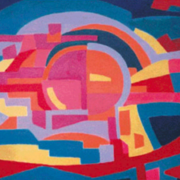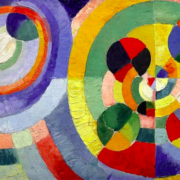The Cartallegra group
Abstract
I would like to share with you what an experience of a group is. From the October 1999 up to the June 2001, I lived this experience together with all young people carrying a mental handicap. I wish all people like managers, families and friends who approached the mental handicap universe and/or will do approach it, could get some reflections on this matter. Once per week, I was the conductor of this group which took place in a Rome lab with some of these young people carrying a mental handicap. In that period this lab was the primary structure of the association called “Cartallegra Onlus” and because of a lack of funds, it was obliged to end its activities by the end of September 2001. To begin with, I would like to explain to you all the reasons why I felt it was important to carry on this psychological/clinical work. Therefore, in the very first two paragraphs, I will provide you with some short information on the lab and how I decided to offer my Read more



